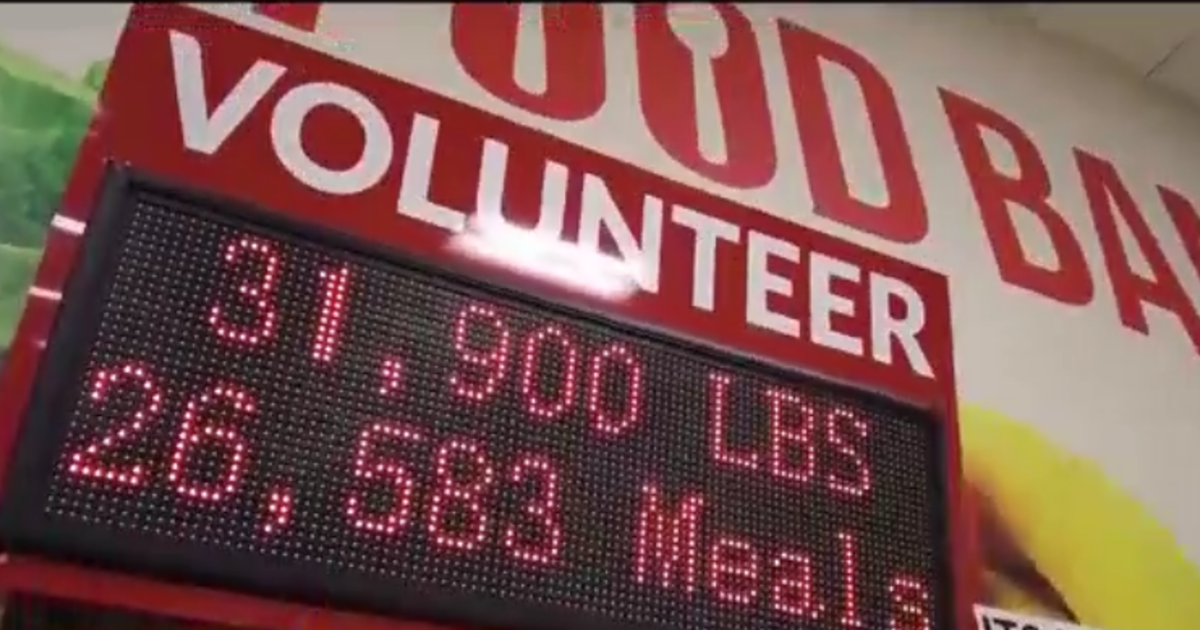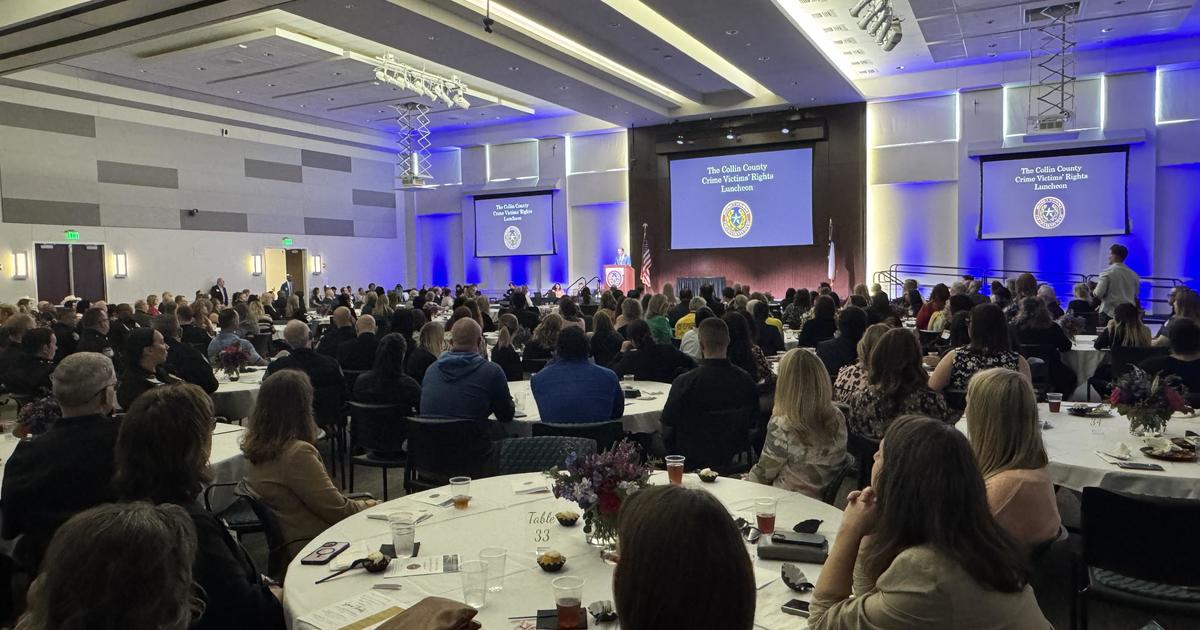Why There Are Radio Edits Of Hit Songs
I have a song stuck in my head from Robin Thicke called "Blurred Lines". It's one of the most popular songs on Top 40 radio today. But what you hear on the radio might not necessarily be what the artist originally recorded.
Top 40 radio songs have from time to time created controversy going back to the early 1950's when rock and roll was being born.
In 1951, an R&B group called The Dominoes released a song on the Federal record label called "60 Minute Man". The song, sung by lead singer Clyde McPhatter, was a breakthrough hit. If you listen to the lyrics, it is evident of what they are singing about. The furor over rock and roll music back then was that many people believed it was synonymous with engaging in the act of having sex.
When Elvis Presley appeared on CBS's Ed Sullivan Show in the 1950's, the show producers asked that he not dance or "boogie" in what they deemed to be in an inappropriate manner. Elvis ignored them and did his thing.
When The Doors appeared on that same show in the 1960's singing Light My Fire, Jim Morrison was asked to delete a line from the song about "girl we couldn't get much higher", a reference to drugs. Morrison also ignored them and did his thing.
In 1969, the Rolling Stones released the hit song "Honky Tonk Women". That year KLIF 1190AM in Dallas was a top rated Top 40 radio station owned by Gordon McLendon (although he sold the station to Fairchild Industries shortly thereafter). McLendon, always distrustful of the FCC, didn't like the first few lines of the song thinking it would cause him problems so the second and third lines in Stanza #1 were edited out. By today's standards, they are pretty tame. Later on, KLIF retracted that version and began playing the entire song unedited which you now hear today occasionally on a station like 98.7 KLUV-FM here or WCBS-FM 101.1 in New York City.
Today, some Top 40 songs are edited to remove specific words that run afoul of the FCC's indecency rules.
The edited versions provided by the record labels sound great and if you never heard the original uncut versions, you would never know the difference. A good example is the song by Seattle rapper Macklemore called "Thrift Store". The song heard on radio is relatively clean and doesn't place a station in jeopardy with federal law.
Play the original version which is laced with obscenities? Probably a bad idea!
See you next time.
Also Check Out:
- City Council To Address Nudity Claim At Local 'Breastaurant'
- DFW Restaurant Week 2013 List
- Local Mugshots
- 13-Year-Old Arrested For Murder Of Missing 5-Year-Old
- Randy Travis In Critical Condition After Stroke
MOST VIEWED GALLERIES
- PHOTOS: Your Pet Pictures
- PHOTOS: Severe Weather Aftermath - May 16
- PHOTOS: Dallas Comic Con 2013



